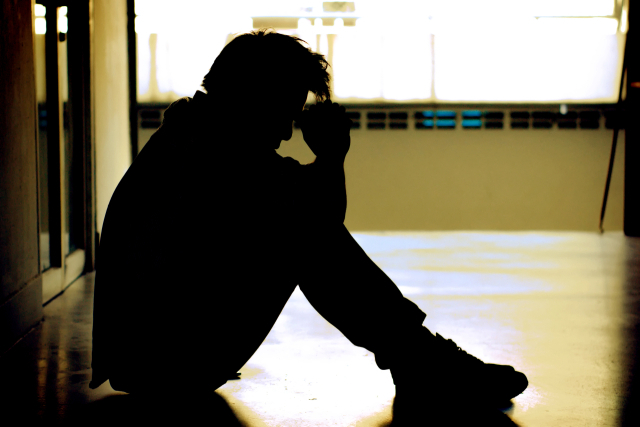2.4% of Korean 19-34 year olds as of 2022 identified as ‘reclusive loners’,

Photo=Image Today,
, ‘[Seoul Economy] ‘,
,
, ‘Amid serious social issues of ‘reclusive youth’ living in emotional isolation by cutting off social relationships in Japan, similar concerns are also emerging in Korea and Hong Kong, drawing attention.’,
,
, ‘On the 25th (local time), U.S. CNN reported an article titled ‘A shrinking life: Why some Asian youth withdraw from the world’, highlighting the growing problem of ‘reclusive loners’ in Asian societies.’,
,
, ‘According to recent surveys by the Japanese government, there are about 1.5 million reclusive loners in Japan. In Japan, the issue of reclusive loners is discussed as a problem reflecting widespread economic issues such as rising living expenses and stagnant wages.’,
,
, ‘Japanese experts analyze that many men become reclusive after struggling to find jobs or support their families. Kato Takahiro, an associate professor at Kyushu University, explained that men in particular are at risk of social isolation due to “pressure on young boys to work hard and go out into the world.”‘,
,
, ‘A similar issue is emerging in Korea. According to a survey by the Korea Institute for Health and Social Affairs, 2.4% of the population aged 19-34 in Korea is identified as reclusive loners as of 2022, totaling 244,000 nationwide.’,
,
, ‘Heo Ji-won, a psychology professor at Korea University, analyzed that many millennials (births from early 1980s to mid-1990s) and Gen Z (births from late 1990s to early 2010s) tend to have a ‘perfectionistic worry’ related to the increase in reclusive youth. They are generally sensitive to criticism, excessively self-critical, and fearful of failure. When they try something new but fail to achieve the desired results, they become very discouraged and anxious.’,
,
, ‘Yoon Cheol-kyung, a standing director at the LG Youth Research Institute, diagnosed that changes in the universal family structure are related to the issue of reclusive loners, saying “In the past, there were large families with many siblings, so they could learn a lot about forming relationships, but as the living environment changed, experiences of forming communal relationships are less than before.”‘,
,
, ‘It is estimated that there are up to 50,000 reclusive loners in Hong Kong.’,
,
, ‘Professor Paul Wong at the University of Hong Kong reported that most of them are middle school or high school students, but the problem of reclusive loners is also evident among early teenagers in their early teens.’,
,
, ‘Experts point out that while the phenomenon of reclusive loners first appeared in Asia, similar issues are being observed in other countries such as the United States, Spain, and France.’,
,
, ‘Experts diagnose that the increase in internet usage and decrease in face-to-face interaction could contribute to the global spread of reclusive loners. Also, it is suggested that there may be more reclusive loners due to the increase in indoor activities during the COVID-19 pandemic.’,
,
, ‘CNN reported, “Governments and organizations across Asia are making efforts to help reclusive loners reintegrate into society,” and stated, “This task has become even more urgent as many countries are facing difficulties with aging populations, declining workforce, low birth rates, and youth issues.”’,
,
,

